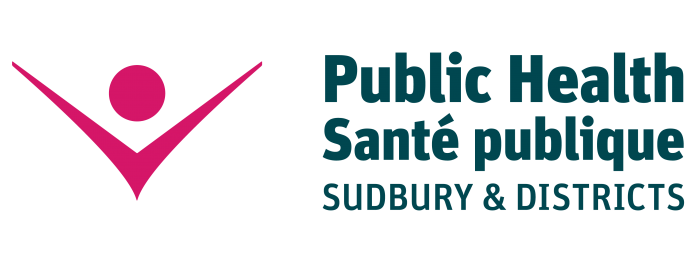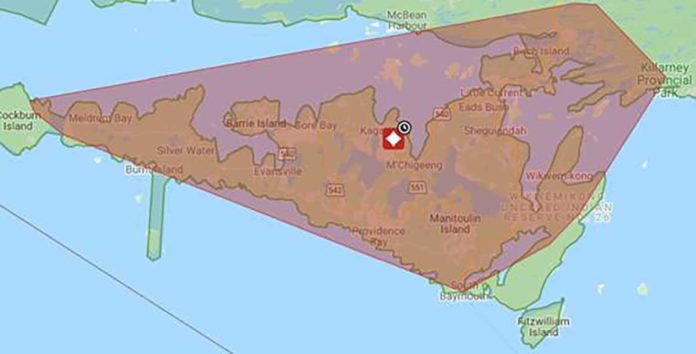Canadian Armed Forces chooses Manitoulin in the interests of Reconciliation
SHEGUIANDAH FIRST NATION – Members of the Canadian Armed Forces (CAF) visited the community of Sheguiandah First Nation and its powwow grounds on Monday of last week. The CAF members were on hand as part of a project to share culture and understanding between both parties.
“This was Andy (Singh’s) idea, as part of the Truth and Reconciliation actions,” said Andrew Aguonie, chief of Sheguiandah First Nation. “They visited to learn about First Nation culture, education and understanding.”
“All those on hand here today are leaders and instructors in the CAF’s transportation division,” said Chief Aguonie.
Sergeant Major Andy Singh told The Expositor, “We are here to provide transportation training cadre with the Armed Forces. These are the senior leaders and instructors of the Canadian Forces Logistic School based out of Canadian Forces Base Borden.”
“The idea is for the leaders-instructors to learn about the community, Indigenous culture, history and customs, and then to have them bring new recruits in the future to learn the same, to come up with a plan for road movements and to execute these plans, and to share this information with the community as part of our work,” said Sergeant Major Singh. “It is all about sharing information and learning and having a better understanding among each other.”
Sergeant Major Singh said, “originally we had sat down and discussed where we could hold this training. We had talked about the idea and Manitoulin Island was recommended as a great place to hold this because it provided the opportunity for our military members to learn about Indigenous people culture and history. So, I reached out to some Indigenous folks in the military to see if had any contacts locally we could get in touch with and pitch our idea to. It was recommended to contact Doris and Brian Peltier and Chief Aquonie. From there I contacted Doris Peltier and called Chief Aguonie and he said his community would love to host us, and pass on some of the Indigenous teachings.”
“It provides the military members the opportunity to learn the history and culture of Indigenous people directly, and things we certainly can’t learn at Camp Borden,” said Sergeant Major Singh.
“The CAF members were here one night, and will be coming back in the spring,” said Chief Aguonie. “Andy had indicated they wanted to learn about the entire Manitoulin Island, and to learn and gain knowledge and educate themselves on Indigenous culture. We were happy to open up our community for this.”
“Yes, they (Sheguiandah First Nation) did an awesome in putting on presentations while we were in the community, providing for instance the history of the people Indigenous people on Manitoulin Island,” said Sergeant Major Singh. “We were part of a smudge ceremony and it was a very, very informative and eye opening day, we enjoyed it very much. It was exactly what we were hoping for, and these instructors-leaders are still talking out the experience we had and will now be able to provide this as well to new recruits.”
Sergeant Major Singh said again next spring, new recruits of the transportation division of the military will be on hand with senior instructors and will take part in an exercise training transportation plan, learning rules of the roads and using military vehicles around bridges, for instance. The instructors will develop the plan inclusive of the Chi-Cheemaun, bridges etc. and when the new recruits are here next spring, they will execute the plan in road movement exercises. “Obviously, cultural learning, understanding and history about Indigenous people from members of the Sheguiandah First Nation will be a huge part of the visit as well. Along with the cultural learning that new recruits will receive, we will also provide information to the entire community about such things as how we camouflage our vehicles, how we set up our tents, the use of food packs and how we navigate.”
Sergeant Major Singh pointed out, “these new recruits will all be young soldiers and after Camp Borden training they move to places all over Canada and be able to spread the work and talk about the experiences they have learning and gaining knowledge of Indigenous people on Manitoulin Island and the community.”





